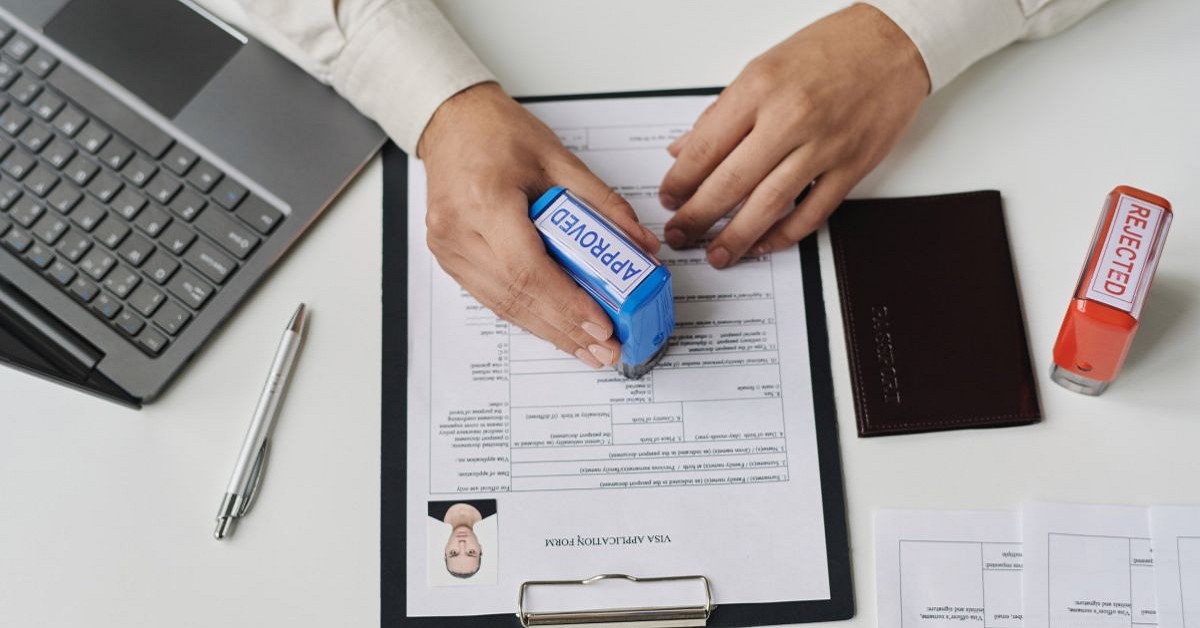For those dreaming of relocating to Europe, the Portugal D7 visa provides a valuable opportunity for individuals with stable passive income. This visa grants access to the privileges of European Union residency, including visa-free travel within the Schengen area.

Do You Qualify for Portugal's D7 Visa?
The Portugal D7 visa is tailored for financially independent individuals who can prove a stable passive income. To qualify, applicants must meet financial criteria, maintain a clean criminal record, and adhere to residency conditions.
A primary requirement is demonstrating consistent passive income that meets or exceeds Portugal's minimum wage, making the visa particularly attractive for retirees and those earning through dividends, royalties, or rental income. While not obligatory, depositing two years' worth of income in a Portuguese bank account is highly recommended to strengthen your application.
Handling the D7 visa process involves preparing a detailed set of documents. This includes proof of income, travel insurance, and a Portuguese address. Though not required, many applicants find it beneficial to work with a lawyer for assistance with legal paperwork, opening a Portuguese bank account, and obtaining a Número de Identificação Fiscal (NIF). Professional guidance can minimize errors and delays, ensuring a smoother application.
How to Apply for Portugal's D7 Visa
Securing the Portugal D7 visa requires a thorough set of documents to verify your identity, financial stability, and intent to reside in the country. These include:
- A completed D7 visa application form.
- A valid passport.
- Two recent passport-sized photos.
- Bank statements proving regular passive income.
- Valid travel insurance.
- A police clearance certificate (issued within three months).
- A form authorizing access to Portuguese criminal records.
- Proof of a Portuguese address and a bank account statement showing sufficient funds.
Once your documents are prepared, schedule an appointment at the nearest Portuguese consulate or embassy. Submit your application, along with the required fees and documents, including your NIF number, proof of accommodation, and medical insurance. Upon arriving in Portugal, apply for a residence permit within 120 days to confirm your long-term residency and comply with legal requirements.
How to Secure and Renew Your Residence Permit
After your D7 visa is approved, the next step is to apply for a residence permit within four months of arriving in Portugal. This permit is valid for two years and can be renewed for an additional three years, provided you meet the residency requirements. While you can handle this process independently, working with a lawyer can help ensure all documentation is in order and avoid complications, particularly for renewals or applications for permanent residency.
To maintain your residence permit, you'll need to spend at least 16 months in Portugal during the first two years and meet similar conditions during the subsequent three-year renewal period. After five years of legal residency, you may qualify for permanent residency or citizenship, provided you've adhered to the residency conditions and meet additional criteria such as passing a basic Portuguese language test. Citizenship offers benefits such as an EU passport, which allows you to live and work across the European Union.
As a D7 visa holder, you enjoy Portugal's affordable cost of living, high-quality healthcare, and access to the Schengen zone, simplifying travel across Europe. For retirees and passive income earners, the visa makes it easier to stretch finances while maintaining a comfortable lifestyle. Beyond the practical benefits, Portugal's warm climate, friendly communities, and rich cultural heritage make it a favourite destination for expatriates.
Join LAWyersClubIndia's network for daily News Updates, Judgment Summaries, Articles, Forum Threads, Online Law Courses, and MUCH MORE!!"
Tags :Others











